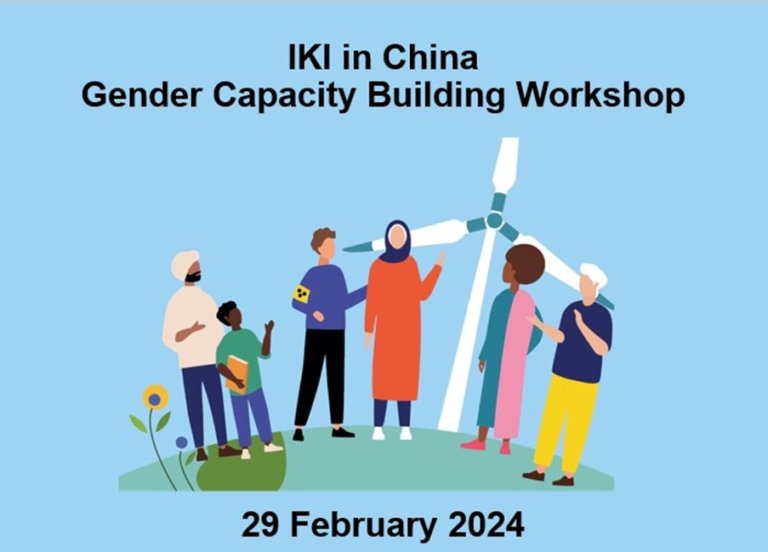
On 29 June 2021, the China-EU International Conference on Climate Change Legislation was successfully held in Beijing. The conference was jointly hosted by Mr. XU Huaqing, director of the National Center for Climate Change Strategy and International Cooperation Center (NCSC), and Mr. Dimitri DE BOER of ClientEarth, a climate NGO. Among the keynote speakers were representatives of the Department of Climate Change (Chinese Ministry of Ecology and Environment; MEE), the British Embassy in China, China University of Political Science and Law and Deutsche Gesellschaft für Internationale Zusammenarbeit (GIZ). These were joined by 30 guests from the Environmental and Assets Supervision and Administration Commission of the National People’s Congress and 80 additional representatives and experts from Inner Mongolia, Tianjin, Hubei, Nanjing, the European Union, the United Kingdom, Germany, and Poland.

The Chinese side adjoined these points with Ms. TIAN Danyu’s, associate researcher at the NCSC, remarks on the main considerations for lawmakers in China’s climate legislation plans as well as other experts opinions on specific aspects of the planned climate law. Presentations were followed by a vivid discussion round, during which Dr. Stephan SINA and Ms. April WILLIAMSON, a lawyer from the ClientEarth, explained their views on climate legislation. Furthermore, topics such as national experiences with climate legislation (e.g., French civic participation in the formulation of climate law), the concerns of civil-society organizations and legal technical details were broached.For the European side, governmental representatives, and legal experts delivered in-depth presentations about the state and implementation of national and regional climate regulation in the EU, the UK, the Scandinavian bloc and Scotland respectively. Dr. Stephan SINA, Senior Fellow of the German Ecological Institute, introduced the main features of the German Federal Climate Change Act (KSG) and its recent amendments based on the decision of the German Federal Constitutional Court on March 24, 2021. At the subnational level, ten state federal climate change acts have been designed and enacted so far, which need to conform to the KSG and other federal laws. According to the participants’ feedbacks and comments, the German climate legislation experiences and the main findings of the Federal Constitutional Court have provided a variety of learning possibilities for the legislation work in China to support the carbon emissions peaking and carbon neutrality goals.
Since 2011, the GIZ has been contributing to strengthen the climate legislation framework in China by supporting the exchange between China and Germany on the national and local level climate legislation through a variety of formats, e.g. expert workshops, study tours, comparative studies.



